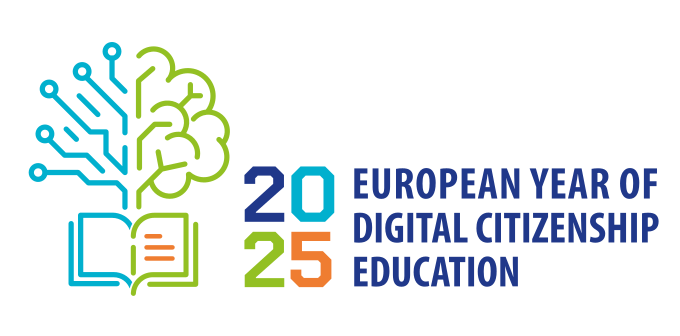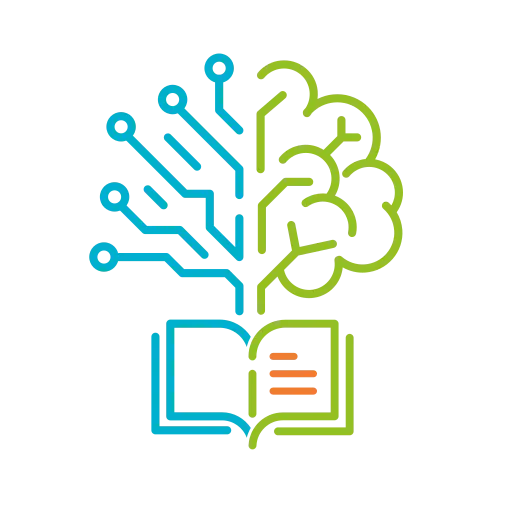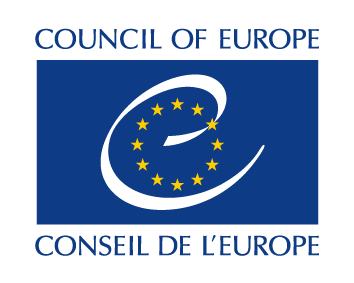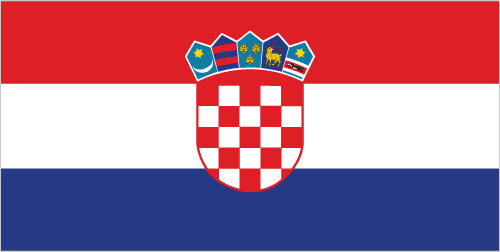- Digital Croatia Strategy for the period until 2032 focuses on fostering a digital economy, enhancing public administration, ensuring widespread digital connectivity, and developing digital skills and literacy among its citizens. The strategy outlines four primary strategic objectives across four priority areas: Digital transition of the economy, Digitalisation of public administration, Development of broadband electronic communications networks, Digital competences and digital workplaces. Under digital competences and digital workplaces, the government plans to increase the number of students enrolling in ICT-related courses, attract high school students to STEM majors, increase the number of citizens with basic ICT skills—especially internet safety—and integrating digital tools in teaching.
- The National 2030 Development Strategy has 13 objectives, including “Digital transition” – moving Croatia above the EU average on various aspects of the DESI index, and “Educated population” – which includes improving critical thinking skills. The Strategy is operationalised in various lower-level strategic documents, including the National Education System Development Plan until 2027, which has a chapter on improving the use of digital technologies in the educational system, with objectives including the improvement of digital skills of both teachers and learners at all levels of education, improving digital training offer and infrastructure, and providing support to educational institutions regarding the use of AI.
Sources
- Document full English translation https://rdd.gov.hr/UserDocsImages//SDURDD-dokumenti//Strategija_Digitalne_Hrvatske_final_v1_EN.pdf and description in English
https://rdd.gov.hr/istaknute-teme/strategija-digitalne-hrvatske-za-razdoblje-do-2032/2009 - https://hrvatska2030.hr/
- Link to action plan: https://mzom.gov.hr/UserDocsImages//dokumenti/Obrazovanje/AkcijskiINacionalniPlan//Nacionalni-plan-razvoja-sustava-obrazovanja-za-razdoblje-do-2027.pdf



